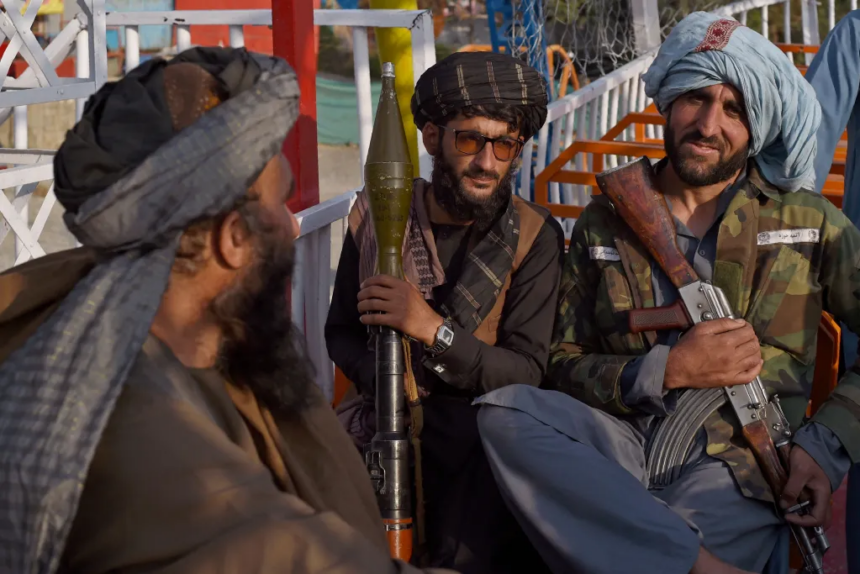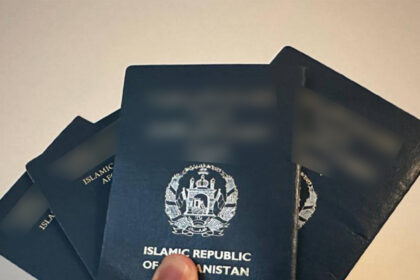RASC News Agency: The Hudson Institute has identified early indications of a shift in U.S. policy toward Afghanistan. According to an institute researcher, a comprehensive U.S. strategy for Central Asia is expected to be unveiled in the coming months, though specific details remain undisclosed. Luke Coffey, the report’s author, underscored that this represents a critical opportunity for the United States to develop a cohesive policy framework to confront the challenges posed by Taliban-controlled Afghanistan. He also highlighted the deepening cooperation between Washington and Islamabad, particularly in the wake of the arrest of Muhammad Sharif, a key operative linked to the deadly suicide bombing at Kabul International Airport.
Official assessments indicate that over 20 terrorist organizations are actively operating within Afghanistan, posing a significant threat to regional and global stability. In this context, a U.S. intelligence report has identified ISIS as the foremost terrorist threat facing the United States and its allies. Coffey specifically pointed to the expansion of ISIS-K operations and the establishment of training facilities in Yawan District, Badakhshan Province, warning of the group’s escalating global threat. He expressed deep concern over the lack of a unified international strategy to counter these threats effectively.
The Hudson Institute report also detailed the resurgence of al-Qaeda in Afghanistan under Taliban rule, asserting that the Taliban have provided the group with safe havens and training infrastructure across the country. In conclusion, Luke Coffey highlighted the potential recalibration of U.S. policy toward Afghanistan and emphasized the strategic importance of the forthcoming Central Asia framework. This emerging strategy, he suggested, could serve as a vital mechanism for countering terrorist threats emanating from the Taliban and its affiliated networks.






